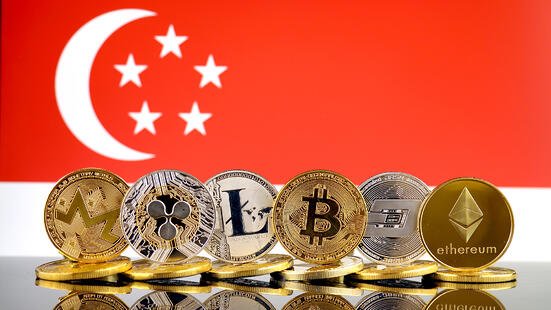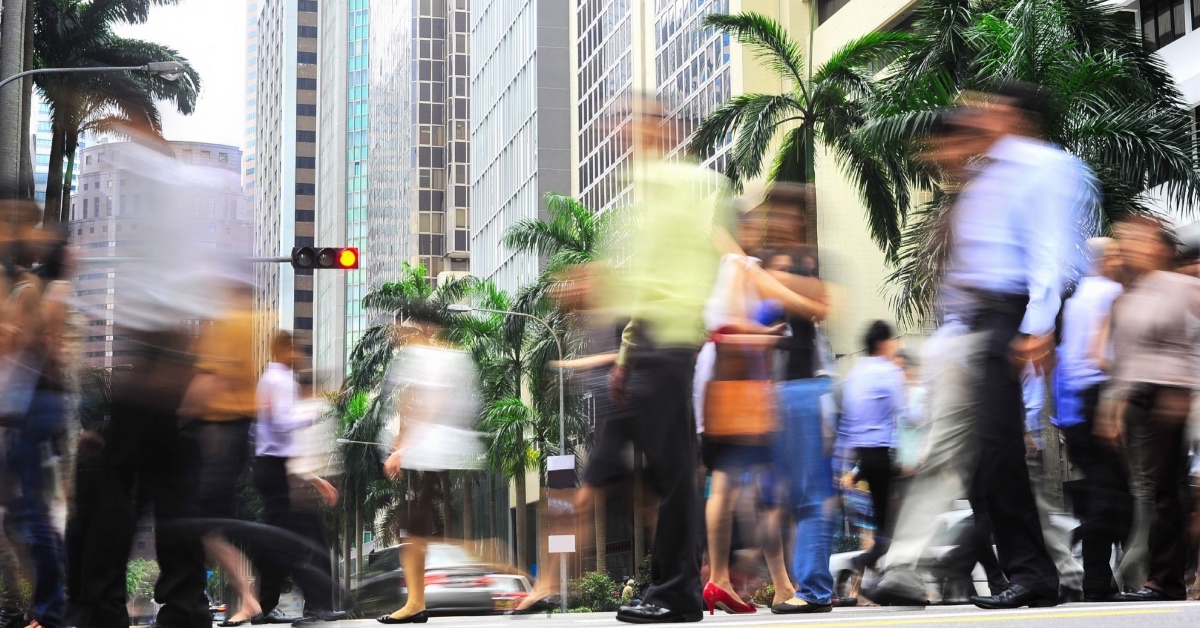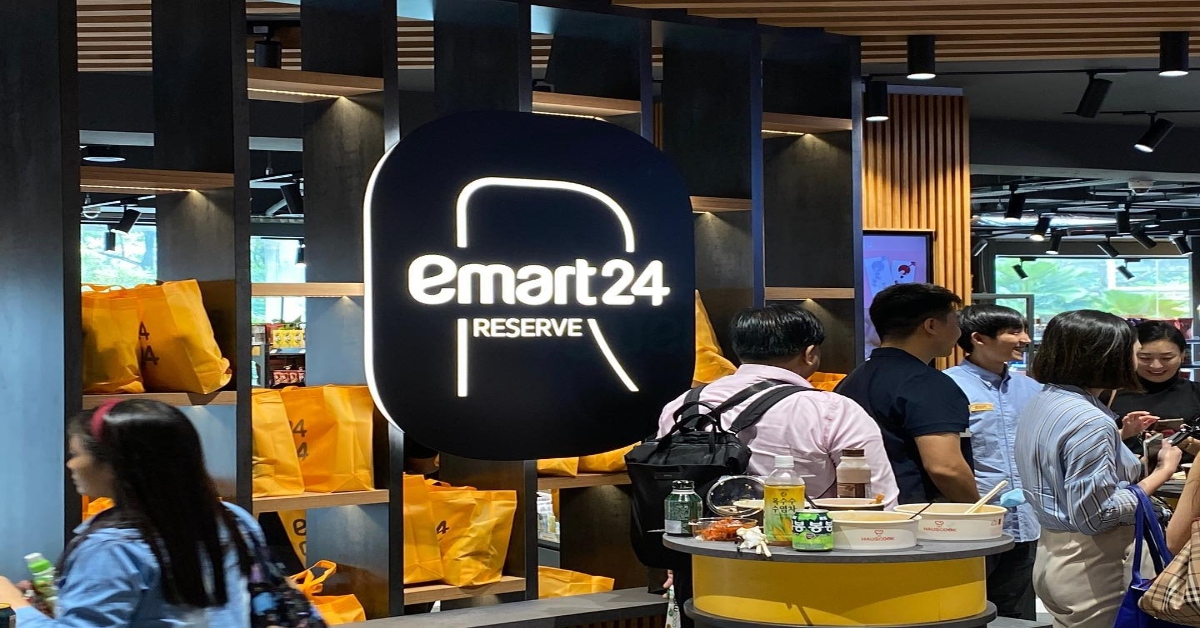As more Singaporeans started gaining awareness and interest in cryptocurrencies, the Monetary Authority of Singapore (MAS) established its first regulatory framework to govern the buying, selling, and facilitating the exchange of cryptocurrencies under the Payment Services Act (PSA).
Also known as PSA 2019, it came into effect on January 28th last year. It broadens the scope from the existing PSA, aimed at enhancing the regulatory framework for payment services in Singapore, which includes operating as a provider for digital payment token services, and other crypto services.
Digital payment token services are a newly regulated area, and the PSA is enacted to ensure that payment structures put in place anti-money laundering (AML) and combating-financial terrorism (CFT) safeguards. This includes having robust controls to detect and deter the flow of illicit funds through Singapore’s financial system.
The central bank’s move comes as governments around the world continue to assess how best to regulate the borderless cryptocurrencies which have rocketed in popularity. This is a growing concern as cryptocurrencies can lead to illegal activities like tax evasion and terrorism financing.

Elsewhere around the world, the United States has also said it will require crypto transfers involving big amounts to be reported, while China has taken a tougher approach, launching a campaign against Bitcoin trading and mining.
We take a look at how Singapore is regulating the world of crypto and its digital tokens via its PSA.
What’s the Payment Services Act?
The PSA is a forward looking and flexible framework for the regulation of payment systems and payment service providers in Singapore. This means that the act is still an active work in progress and being debated in the Parliament, along with inputs from industry players.
Prior to the PSA, cryptocurrency players were unsure whether it was legal for them to offer their services in Singapore. With the PSA, this provides regulatory certainty and consumer safeguards, without stifling the innovation and growth of the payment services and FinTech industries.

The Singapore Parliament passed the renewed PSA on January 14th, 2019, requiring all digital payment service providers to receive licensing to operate. The Act widens the scope of regulated activities to a larger range of payment services and activities – from domestic money transfers, inward remittances, merchant acquisition, to digital payment token services.

To obtain the licence, virtual asset service providers are required to put controls in place to ensure proper due diligence, suitable solicitation, and adequate risk disclosure.
The PSA came into effect in January 2020, and all providers of digital payment token services operating in Singapore, including crypto exchanges, must be registered and licensed.
The Act gives the MAS supervisory authority over payment firms to ensure, among other things, that they are compliant with AML and CFT requirements.
Is it legal for me to purchase Bitcoin in Singapore?
Currently, popular cryptocurrency exchanges in Singapore such as Coinhako, Gemini, Huobi are all operating under the PSA exempt framework. These cryptocurrency firms have applied for, and notified the MAS of their services, and the MAS had exempted them from needing to operate with a licence – hence they are able to operate.
What this means is that you have to assume the full liability of your purchases. According to government website MoneySense, persons that buy or sell cryptocurrencies, or facilitate the exchange of cryptocurrencies may be regulated under the PSA, however, they are not required to protect your cryptocurrency, and are not required to ensure that each cryptocurrency transaction is processed properly. MAS regulates cryptocurrency service providers under the PSA mainly for money-laundering and terrorism financing risk only.
Under the PSA, crypto companies are required to provide the following risk disclaimer to all users:
RISK WARNING ON DIGITAL PAYMENT TOKEN SERVICES
The MAS requires us to provide this risk warning to you as a customer of a digital payment token (DPT) service provider.
Before you pay your DPT service provider any money or DPT, you should be aware of the following.
1. Your DPT service provider is exempted by MAS from holding a licence to provide DPT services. Please note that you may not be able to recover all the money or DPTs you paid to your DPT service provider if your DPT service provider’s business fails.
2. You should not transact in the DPT if you are not familiar with this DPT. Transacting in DPTs may not be suitable for you if you are not familiar with the technology that DPT services are provided.
3. You should be aware that the value of DPTs may fluctuate greatly. You should buy DPTs only if you are prepared to accept the risk of losing all of the money you put into such tokens.
How can users check if a company is under the PSA?
Currently digital payment token service providers have been operating in the Republic with an exemption from holding a licence under the PSA. What this means is that cryptocurrency service providers now can operate as though they have a licence, even though they do not.
The exemption is in force until applications are approved or rejected by MAS, or withdrawn by the applicant.
Consumers can check this site to see if the service providing crypto digital tokens has applied for a licence.
In a reply to a question in Parliament last month, Senior Minister and MAS chairman Tharman Shanmugaratnam said that several applicants were in the final stages of review for getting a licence to operate as digital payment token service providers.

Since the commencement of the PSA in January last year, around 170 applicants have applied to provide digital payment token services, said Mr Tharman.
At that time, about 30 applications were withdrawn after engagement with MAS while two had been rejected. Around 90 service providers are operating under an exemption from holding a licence, he said.
Licence applicants are subject to close scrutiny in the licensing process and ongoing supervision by MAS.
“MAS takes a serious view of weaknesses in controls to address money laundering and terrorism financing, and technology risks, and will reject applicants who fail to meet the required standards,” the central bank said.
Who has been approved for a licence?
Eight-year-old crypto exchange Independent Reserve said earlier this month it is one of the first virtual asset service providers to obtain an in-principle approval letter for the much-coveted licence.
The exchange set up its first overseas operations in Singapore on 2019 to provide digital asset exchange and over-the-counter trading services to people and institutions in the country.
Meanwhile, DBS also got the green light to be one of the first few to receive an “in principle” approval from the country’s financial regulator to offer crypto services.

The approval comes as DBS recently issued a S$15 million (US$11.3 million) digital bond in its first security token offering via its DBS Digital Exchange (DDex). The bank said it’s working through the necessary steps with a focus on meeting MAS’ requirements.
In a response to the media, an MAS spokesperson said that MAS has notified several providers of digital payment token services that it is prepared to grant regulatory consent for them to operate in the city state.
It added that the applicants who have received such notifications from MAS do not yet hold payment services licences. “A licence will be subsequently granted to an applicant, provided it puts in place necessary measures to meet MAS’ requirements in order to operate as a licensee,” she said, adding that the MAS continues to review the outstanding digital payment token applications.
How does this benefit consumers?
The central bank’s approvals serve as an encouraging sign to other firms awaiting clearance from the MAS, as the city-state moves towards a fully regulated digital payments sector. The regulation is set to promote greater use of payment tokens which can reduce settlement time and costs, bringing digital payment tokens into mainstream use.
When its licence is granted, DBS said it will be able to directly support managers and companies via its DDex, where they will gain access to its digital payment token services.

Commenting on what an in-principle approval means for Independent Reserve, the exchange’s Singapore managing director Raks Sondhi had said: “While operationally, things will not change from receiving the in-principle approval, consumers will have the peace of mind that we and others that will receive their in-principle approvals have met MAS’s high standards.”
It added that being one of the first few companies to be approved an “in-principle” licensing reflects the robustness of the policies, procedures and risk management systems that the firm has put in place to guide its day-to-day operations.
This provides certainty for the crypto firm’s operations in the country as well as security for customers who use its services.
The move to formalise cryptocurrency payment services also grants the Singapore government greater oversight and control over activities. As licensed entities, customers are assured of the central bank’s purview over the companies’ operations, which makes it a better safeguard for users. The central bank is likely to take any company to task if it is not compliant with any regulatory standards.
Observers said that the development is likely to accelerate the number of cryptocurrency firms moving to Singapore. The city state has long been viewed favourably by those in financial services for its political stability and regulators that are open to experimentation.
From 1 July 2021, Vulcan Post’s premium articles will be hidden behind a paywall. Subscribers will be able to enjoy exclusive articles with a deeper level of coverage and insight on verticals that include government technology, electric vehicles, cryptocurrency and e-commerce. You can check out our premium articles here and subscribe to us here.
Featured Image Credit: Elliptic








